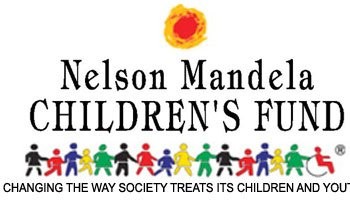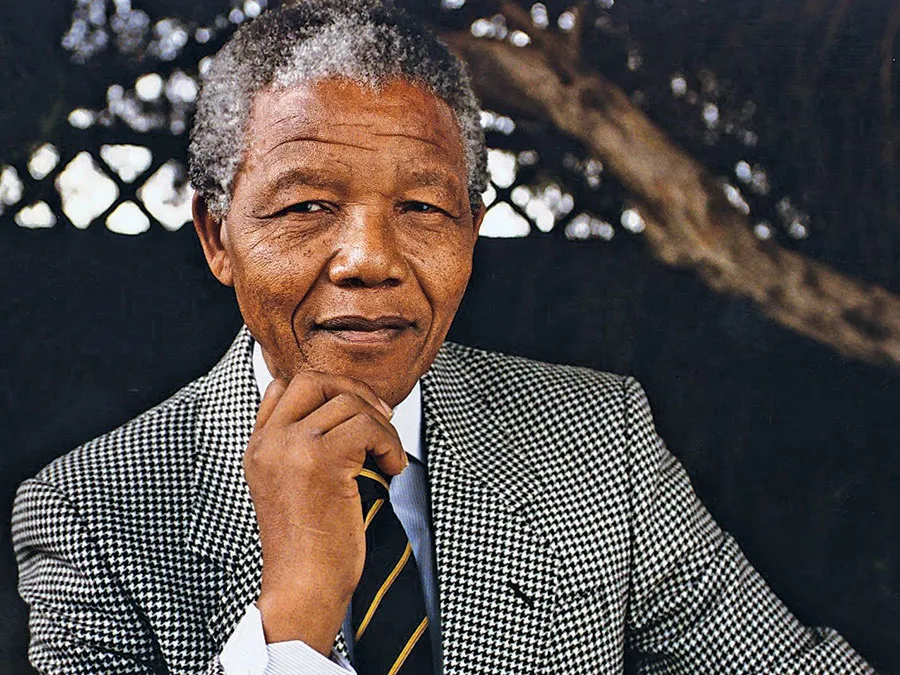Nelson Mandela International Day is an international observance in honor of the revolutionary Nelson Mandela, celebrated annually on his birthday, July 18. With the 2022 Year’s theme, “Do what you can, with what you have, where you are,” Mandela Day will highlight the plight of food security and climate change.
Nelson Mandela International Day highlights the history of a man whose outstanding accomplishments revolutionized and influenced the twentieth century. Millions are motivated by and inspired by his principles and tenacity, which includes a strong commitment to justice, freedom, and human rights.
Mandela championed cooperation and solidarity across all boundaries. He relentlessly pursued equality in tandem with his role as the country’s founding father of peace. Among the organizations and initiatives established as a result of his core values are
The Mandela Washington Fellowship

The Mandela Washington Fellowship for Young African Leaders is the flagship program of the U.S. Government’s Young African Leaders Initiative (YALI). Since 2014, nearly 5,100 young leaders from every country in Sub-Saharan Africa have participated in the Fellowship. The Fellows, between the ages of 25 and 35, are accomplished leaders and have established records of promoting innovation and positive impact in their communities and countries.
The Nelson Mandela Foundation

Mandela founded the Nelson Mandela Foundation in 1999 after he stepped down from his presidency. It is a non-profit organization that strives to carry on Nelson Mandela’s charity work and legacy. The organization has also become a memorial center for Mandela, keeping records and archives of his life and advocacy work.
The Nelson Mandela Foundation distributes this knowledge to the public in hopes of keeping its founder’s legacy alive. The organization’s key objective is to continue Mandela’s work to find viable solutions to the problems facing humanity. It values using dialogue and advocacy and focuses on alleviating and resolving the same issues as Nelson Mandela did in his life.
Nelson Mandela’s Children’s Fund

The Nelson Mandela Children’s Fund strives to change the way society treats its children and youth. This long-term vision captures the central role society plays in shaping children’s lives. The organization’s flagship project, The Nelson Mandela Children’s Hospital Trust was established and tasked with raising R1 billion to bring the specialist pediatric hospital to life.
The Mandela Rhodes Foundation

The Mandela Rhodes Foundation, a leadership development program for Africa, was established in 2003 by an agreement between Nelson Mandela and the Rhodes Trust. Its principal activity is to offer Mandela Rhodes Scholarships to African students undertaking postgraduate study in South African universities, alongside further leadership development opportunities for Mandela Rhodes Scholars.
The Mandela Rhodes Foundation contributes to leadership development in Africa by supporting African students undertaking tertiary study in South Africa.
The Mandela Institute for Development Studies (MINDS).

MINDS is an Africa-wide think tank that provides a forum for dialogue, information dissemination, and networking, underpinned by rigorous research on the different elements of ‘Africanness’ in order to shape policy and practice on governance, economic development, and the evolution of African institutions. It seeks to address the short, medium, and long-term development challenges in Africa.
The central hypothesis in setting up MINDS is that effective and sustainable development can only be achieved if development policies and practices are founded on the cultural heritage, values and knowledge systems, and institutions of the people who are the subjects or beneficiaries of the development interventions.
The Nelson Mandela Rules: Protecting the Rights of Persons Deprived of Liberty

Nelson Mandela remains a symbol of power by resisting oppression. In times of turbulence, Mandela’s legacy teaches everyone to choose dignity over humiliation, speak up during injustice, and forgive rather than hate.
In the resolution A/RES/70/175, the General Assembly decided to extend the scope of Nelson Mandela International Day, observed each year on 18 July, to be also utilized in order to promote humane conditions of imprisonment; to raise awareness about prisoners being a continuous part of society; to value the work of prison staff as a social service of particular importance.
A/RES/70/175 not only adopted the revised United Nations Standard Minimum Rules for the Treatment of Prisoners but also approved that they should be known as the “Nelson Mandela Rules” in order to honor the legacy of the late President of South Africa, who spent 27 years in prison in the course of his struggle referred to above.
The Nelson Mandela Rules emphasize that the provision of health care for prisoners is a State responsibility and that the relationship between healthcare professionals and prisoners is governed by the same ethical and professional standards as those applicable to patients in the community.
The Rules adopted in his name have become the worldwide blueprint for Governments to prove their performance. That the Rules have been so broadly embraced is the reason for hope. But practically realizing Mandela’s noble vision, and the spirit and letter of the Rules, will take courage, commitment, and every form of encouragement to Governments.
